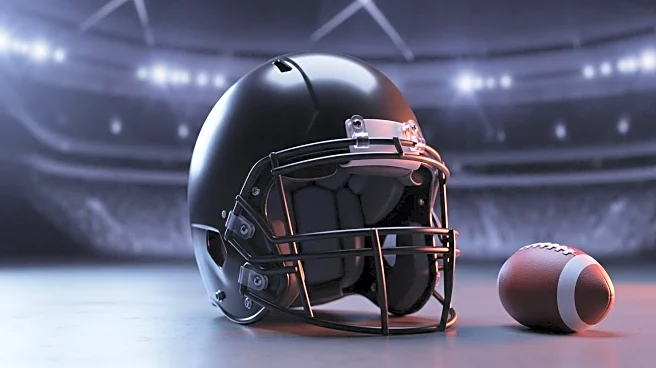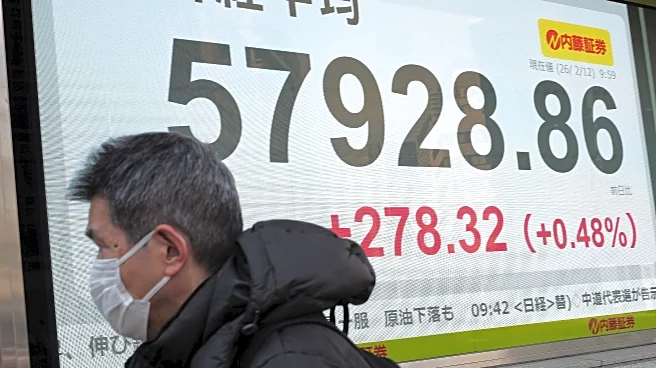What's Happening?
Danica Patrick, a former race car driver, has publicly criticized the NFL's decision to feature Bad Bunny, a Puerto Rican rapper, as the performer for the 2026 Super Bowl halftime show. Patrick expressed her disapproval on social media, arguing that songs not in English should not be part of one of America's most-watched television events. Bad Bunny, whose real name is Benito Antonio Martínez Ocasio, has previously canceled tour dates in the U.S. due to concerns about ICE agents targeting his concerts. Despite the criticism, NFL executive Jon Barker defended the choice, highlighting Bad Bunny's global influence and ability to connect with diverse audiences. Barker emphasized that Bad Bunny's dynamic performances and creative vision make him a fitting choice for the iconic cultural event.
Why It's Important?
The selection of Bad Bunny for the Super Bowl halftime show is significant as it represents a broader cultural shift towards inclusivity and diversity in major American events. Bad Bunny is a prominent figure in the music industry, known for his ability to bridge genres and languages, which reflects the changing demographics and cultural landscape in the U.S. The decision has sparked debate about cultural representation and the role of non-English music in American entertainment. It also highlights ongoing tensions regarding immigration and cultural identity, as Bad Bunny has been vocal about political issues affecting Latino communities. The NFL's choice may influence future decisions in entertainment, potentially paving the way for more diverse representation.











